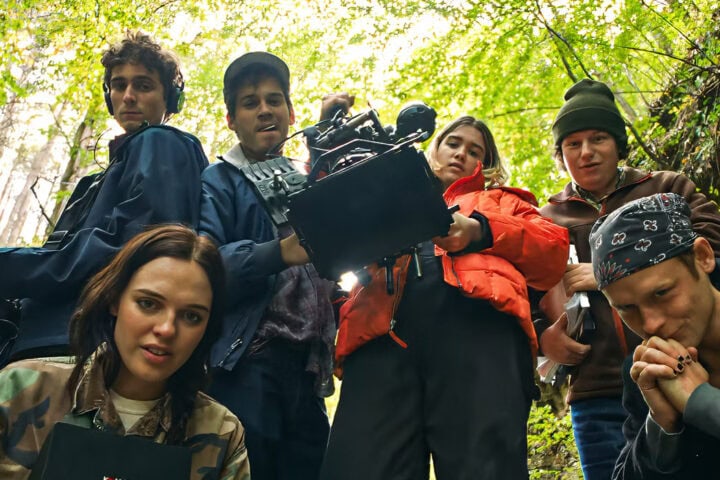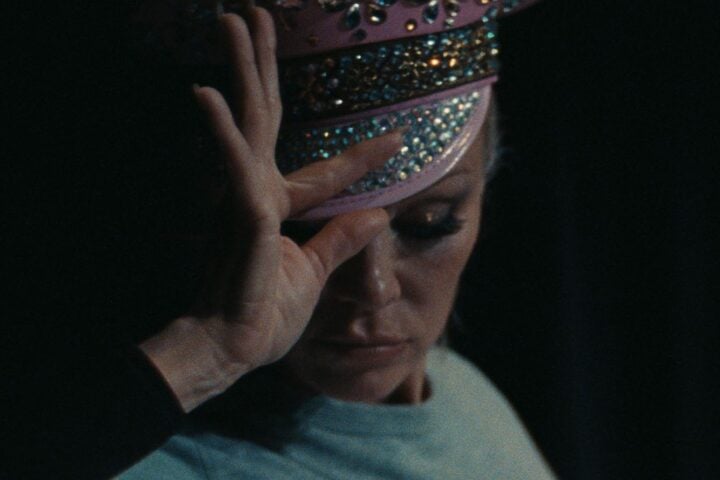Thordur Palsson’s The Damned coasts on the striking contrasts between the wintry landscapes of its 19th-century setting and the characters who trudge across them in clothes that appear as if they’ve been assembled from blankets or potato sacks. Odessa Young is no less memorable as a young window named Eva, especially in an early scene where she makes it very plain that this woman must always choose her words carefully in the company of men, even among those who so clearly respect her for her savvy.
But there’s evocativeness and then there’s lack of context, and it feels as if the cinematography and Young’s performance are trying to deflect attention from the latter. As indicated by the stories spun by one character (Siobhan Finneran), The Damned draws on Icelandic folklore about the draugr, or reanimated corpse, and from the characters’ names we can, indeed, intuit that the fishing village at the film’s center is somewhere in Iceland. No matter: As the climax bludgeons, though, place is less important here than its function as an allegorical echo chamber.
One morning, ahead of settling in for what will be another unforgiving winter, the villagers catch sight of a sinking vessel not far off in the distance. Most, though not all, decide to let the foreigners drown, as food is scarce in the village. The stage would appear to be set for a morality play, but as the characters here want for more than one dimension, and the doubts of those who wish to save the drowning men are so quickly dispelled, there’s no emotional charge to the proceedings when someone, or something, starts tormenting the villagers.
What exactly is haunting the fishing village? The filmmakers set out to answer that question mostly across scenes whose horror is built redundantly around a presence appearing in the corner of a room. (Jump scares abound, and none is louder or dumber than a cut to wood scraping wood.) Atmosphere carries this narratively thin film a long way, which makes it all the more disappointing that its conclusion has no sting beyond it not being foregone. Had we been allowed to truly sit with the characters’ prejudices, then The Damned might have earned the desperation with which it strains for contemporary resonance.
Since 2001, we've brought you uncompromising, candid takes on the world of film, music, television, video games, theater, and more. Independently owned and operated publications like Slant have been hit hard in recent years, but we’re committed to keeping our content free and accessible—meaning no paywalls or fees.
If you like what we do, please consider subscribing to our Patreon or making a donation.




